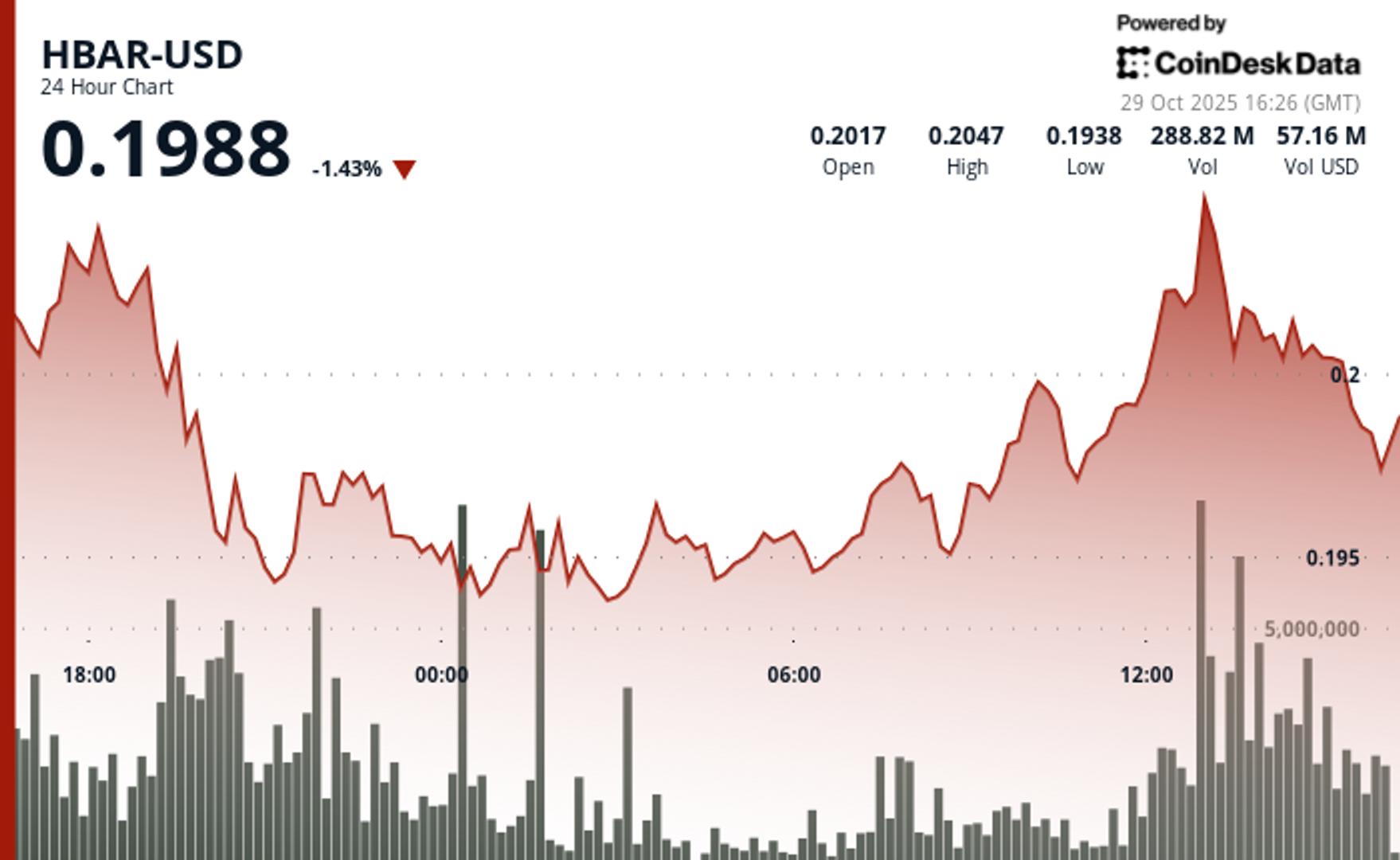Zcash (ZEC) was little more than a historical footnote for most of the past years. The digital asset was seen as a relic of crypto’s cypherpunk age, forgotten amid the rise of AI tokens, restaking narratives, and layer-2 rollups. Yet, it has become 2025’s most surprising comeback story almost overnight. CryptoSlate data shows Zcash surged more than 380% in the past month, hitting a three-year high of $370 before cooling slightly to around $340 at press time. The rally has lifted its market capitalization to $5.8 billion, propelling the once-dormant privacy token back into the top 25 cryptocurrencies. Zcash Price Performance YTD. (Source: Tradingview) The recovery has been fueled by a mix of technical revival, ideological momentum, and market rotation. As Zcash’s name trends globally for the first time since 2021, it feels less like speculation and more like a reminder of why privacy still matters in digital money. A fork and a philosophy Launched in 2016 as a Bitcoin fork, Zcash borrowed its parent’s deflationary design of a capped supply, proof-of-work consensus, and periodic halvings. However, it added a radical innovation called zero-knowledge proofs, allowing users to verify transactions without revealing who sent or received funds or how much was transferred. In an era where blockchains expose every wallet movement to the public, Zcash’s cryptography offered something closer to digital cash. This made it untraceable, fungible, and sovereign. Mert Mumtaz, CEO of Helius Labs, said: “Calling ZEC ‘encrypted bitcoin’ makes sense, in that it has the same tokenomics and SoV appeal but is private.” That ideal resonated in the post-Snowden years, when privacy was still seen as a human right rather than a red flag. However, as regulators cracked down and exchanges delisted anonymity-focused coins, Zcash, like Monero and Dash, faded from mainstream trading desks. Its daily volumes shrank, its developer base thinned, and the project became shorthand for crypto’s forgotten experiments. Until now, when it has become the darling of every retail trade and is marking its ninth anniversary. The price of privacy ZEC’s return comes as financial surveillance tightens globally. The UK’s move for Digital IDs, the EU’s MiCA privacy provisions, and growing adoption of AI-based transaction tracing have revived debates about what financial privacy should mean in a programmable economy. That tension has turned into a trade. Investors seeking diversification beyond Bitcoin and Ethereum, both of which have mostly traded sideways this month, have rotated into “ideological plays” like Zcash. “Crypto without privacy isn’t crypto,” said Mumtaz, who has consistently praised the project’s “renaissance” of developer activity and exchange integrations. That narrative has found support from industry veterans, including Arthur Hayes, the BitMEX co-founder who predicted ZEC could reach $10,000, and Barry Silbert, founder of Digital Currenc
Bitcoin fork Zcash up 380% to $5.8B: Does scarce privacy have legs?


